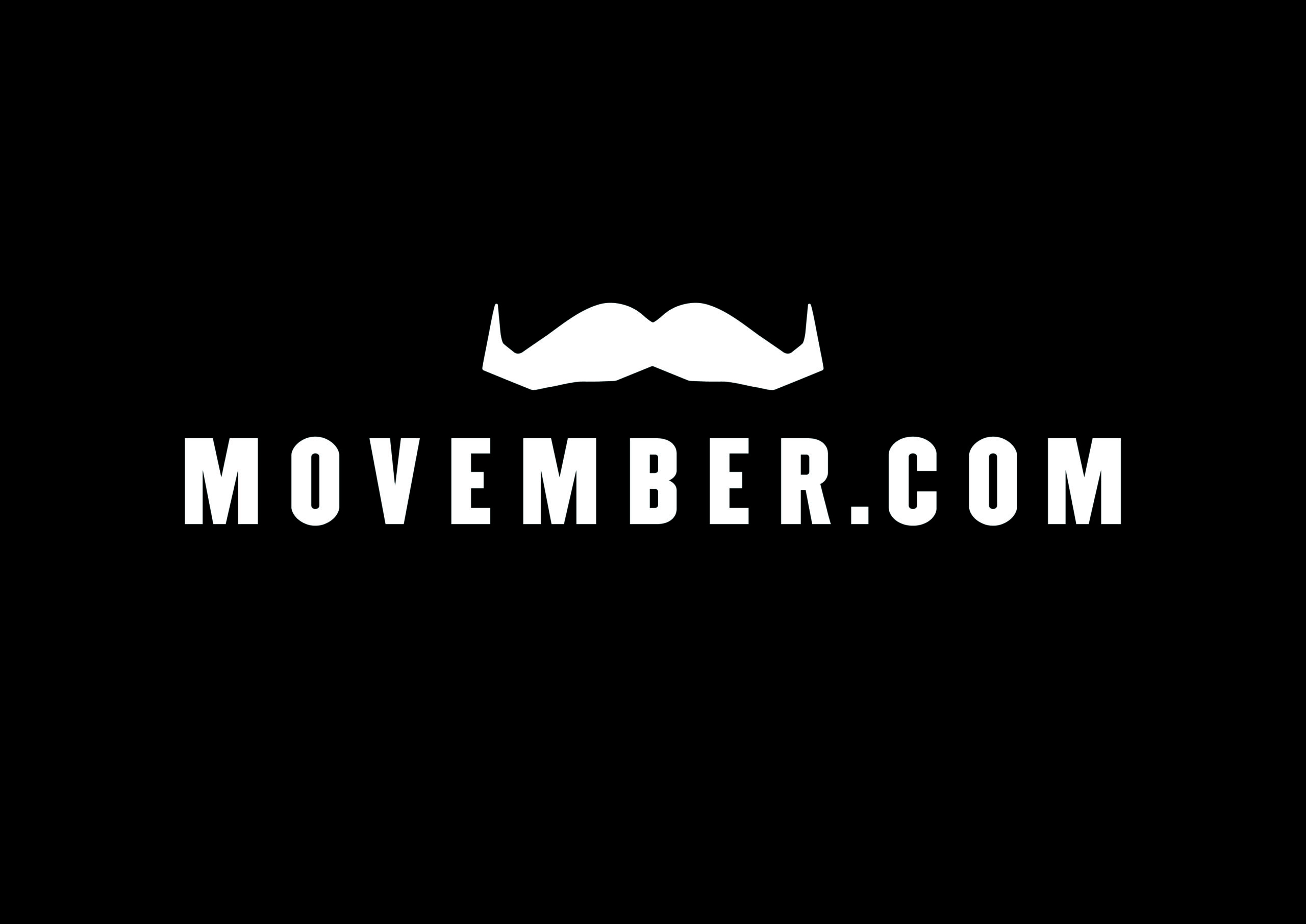
Movember is the leading charity dedicated to challenging men’s health problems around the world. Jack O’Connor, Movember’s Ireland Country Director, took the time to speak with Limerick Mental Health Association to discuss men’s mental health. For more information about their cause, visit their website Movember.com.
“We lose a man to suicide around the world every minute”.
Why do you think men are so reluctant to speak about their mental health?
That’s a tough question; there’s no real right or wrong answer to it. I think that, and this is what I reckon, if we look at movies and we look at the sort of architype of man that we champion in society, it’s the strong silent type. Superman, Batman – these guys who literally have no weaknesses! I think that there’s this perception that if you need help or if you are suffering or if you need to take some time out that that’s a sign of weakness and that you shouldn’t have weakness, you shouldn’t show any sign of weakness. I think that that’s a really detrimental architype to aspire to. I think, at its core, it’s definitely a big part of it, from my perspective. It’s very difficult to say.
I think there’s a big difference between being resilient and being reckless with yourself. You see people even over-working. Stoicism as a philosophy gives you the mindset to work really hard and not complaining about it, but at the same time you still have to be responsible for yourself and for your wellbeing. You can see people take it to the extreme and it becomes detrimental to their health.
Help-seeking behaviour is something that we’re big on in Movember. What’s really interesting, before we even got to mental health, when we were in prostate cancer and testicular cancer … one of the big things we needed to do … was to get guys to go to the doctor when they noticed that something wasn’t right. This is so common! Guys will notice something is not right and just stick their heads in the sand like “I hope that goes away” or “I’m just going to ignore that”. It was interesting when we started to address mental health, it’s the same behaviour: guys are just not seeking help. It’s an age old problem that’s difficult to address but through campaigns, like Movember, we say the guys who grow Mo’s are walking, talking billboards for men’s health; they become mouthpieces for our campaign and they can have those catalyst conversations with the men in their lives and hopefully we can instigate a significant cultural shift when it comes to men seeking help for their health.
Do you think today’s society is more accepting of men’s mental health?
I think so. It depends when you compare it to, if you compare to the 1800s, I would say definitely. If you compare it to the 80s, I would say probably. I think there’s definitely more awareness of it. There’s an interesting statistic, where we had a study with a bunch of guys and 70% of them said they would be there for their friends if their friend needed them to be there, but only 28% of the same group of guys felt they had someone in their group of friends that they could talk to. It’s this weird blind dichotomy, where we are saying “I think it’s okay, but I don’t think that they think that it’s okay”. I think there’s a very broad range of acceptance from people for other people, but there’s not a perceived level of acceptance by people for themselves, “I’m accepting but I don’t think people accept me”.
How do you think COVID has affected men’s mental health?
[Movember have] identified some key risk factors for men’s mental health:
- loss of a job,
- loss of a parent,
- breakdown of a relationship,
- becoming a father.
And these have all been put under the magnifying glass by the pandemic. We’re worried about our parents getting sick, many of us are in lockdown with our partners and tensions could be running high there, lockdown with our kids that could be stressful, and of course employment; people are worried about losing their job, people are being furloughed, there’s a lot of economic uncertainty. The key risk factors for men’s mental health are all brought to the fore this year. That’s why we fast tracked a lot of our products and that’s why we’ve invested quite a lot in our awareness campaigns encouraging people to look after one another and to look after themselves and to just be aware it’s a stressful time but we’ll get through it.
What advice would you give to men reading this now who may be struggling with their mental health?
If you’re struggling with your mental health right now, I would say seek help. If you need immediate support, I’d recommend people called Pieta House (1800 247 247) or the Samaritans (116 123). I would encourage people to seek help if they need help. If they feel calling these helplines may be too extreme, that they’re not there yet, just talk to one of your friends. Reach out to somebody and just let them know you’re struggling, and you need a little bit of support because help is out there. There are people out there that are more than happy to help.
If you want more information on what Movember does, go to their website Movember.com.
Need immediate help? Contact Pieta House on 1800 247 247 or Samaritans on 116 123.
If you feel your or someone else’s life is in immediate danger, call 999 or go directly to emergency services.
Written by Nicole Russell, a volunteer with the Limerick Mental Health Association and psychology graduate of the University of Limerick.
